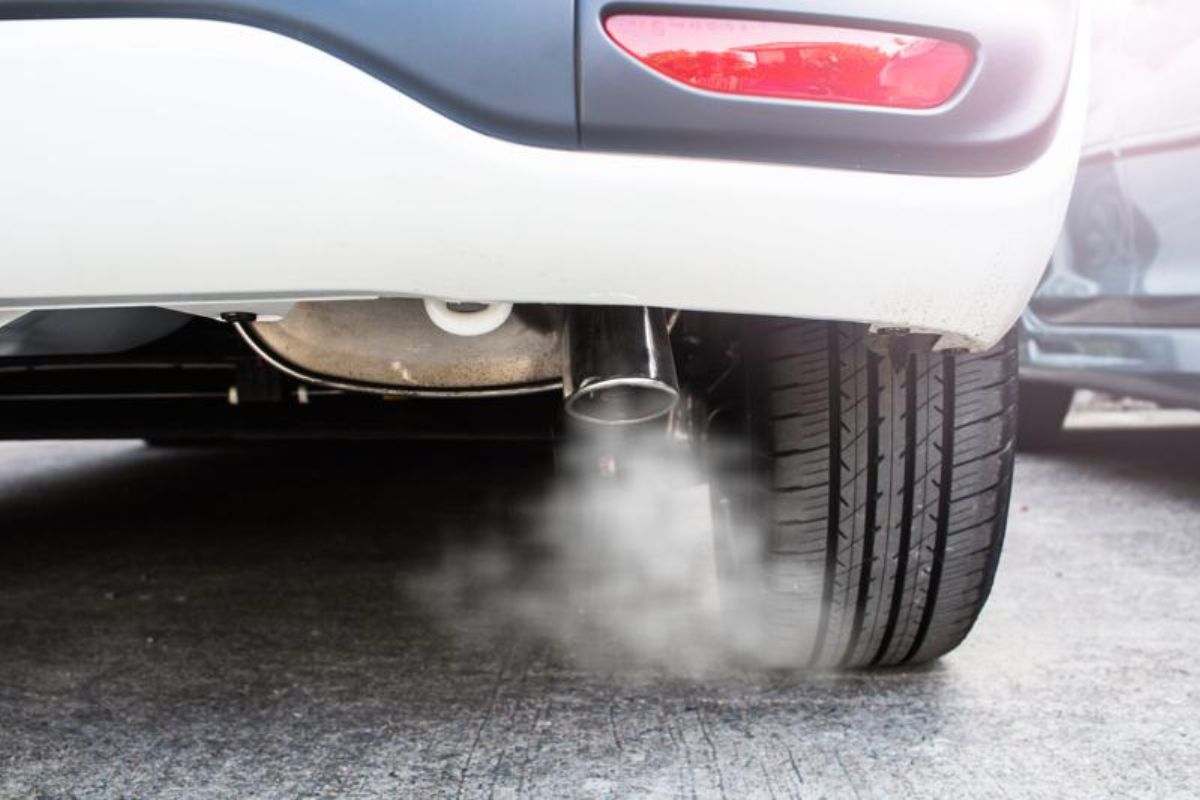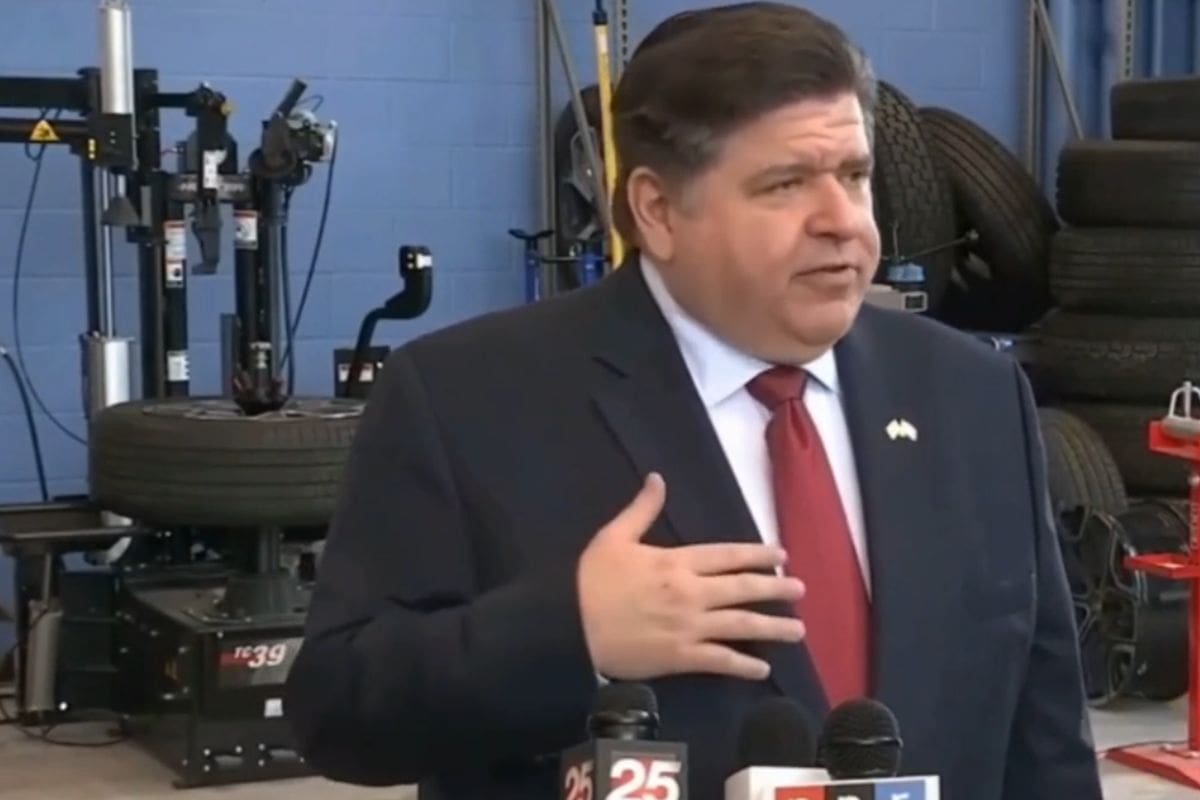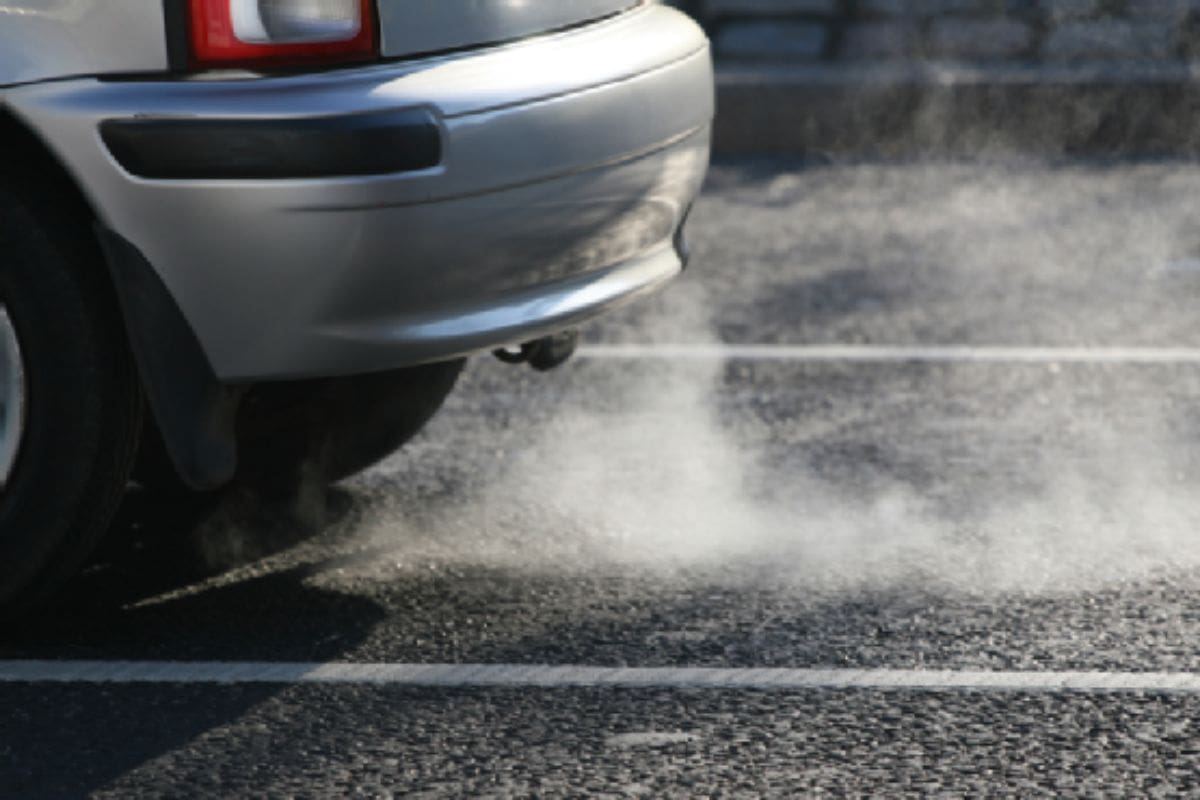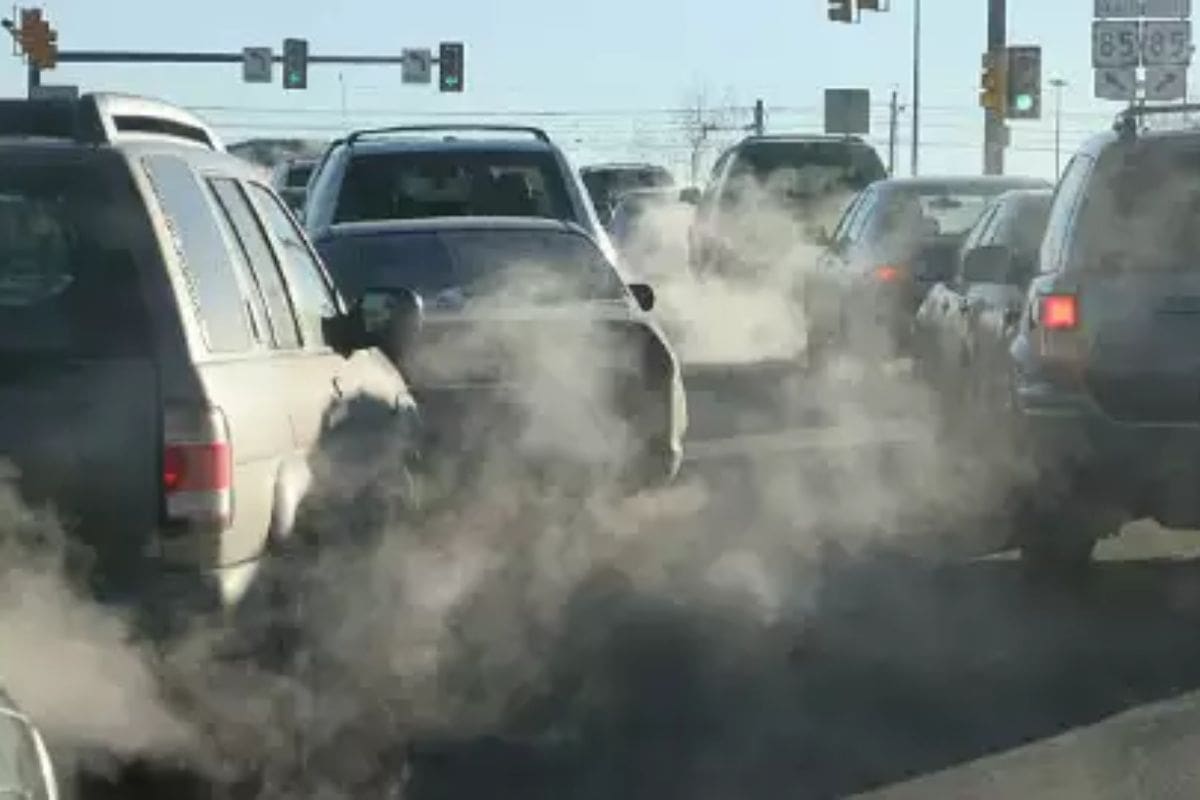Illinois Governor Takes a Stand: Illinois Governor’s recent opposition to California’s stringent emission rules has stirred up a controversy that is resonating beyond state lines.
The Governor’s bold move challenges not just environmental policies but also questions the balance between state and federal regulations.
As the debate unfolds, it sheds light on underlying tensions within the automotive industry and political landscape.
The implications of this stance are far-reaching, affecting not only Illinois but potentially setting a precedent for other states facing similar dilemmas.
The clash of ideologies and interests promises to keep stakeholders on edge as the story develops.
Governor’s Position on California Emission Standards Bill
Governor J.B. Pritzker’s stance on the California Emission Standards Bill reflects a strategic divergence from embracing California’s regulations in favor of a tailored approach centered on incentivizing the transition to cleaner vehicles. While some may see his opposition to House Bill 1634 as a setback for environmental progress, Pritzker’s emphasis on incentivizing the shift towards cleaner vehicles demonstrates a nuanced understanding of the challenges facing the state. By focusing on incentives rather than enforcing California’s standards outright, Pritzker aims to strike a balance between environmental protection and economic considerations.
The governor’s stance highlights a recognition of the diverse needs of Illinois residents and businesses. Rather than imposing strict regulations that could potentially burden industries and consumers, Pritzker’s approach seeks to encourage the adoption of cleaner vehicles through positive reinforcement. This strategy not only acknowledges the importance of reducing emissions but also considers the practicalities of implementation within the state’s unique economic landscape. Ultimately, Pritzker’s position underscores a commitment to achieving environmental goals in a manner that is both effective and considerate of Illinois’ specific circumstances.
Legislative Landscape – Multiple Bills Proposed
The introduction of multiple bills in the legislative landscape signals a growing debate over the adoption of California’s emission standards in Illinois, sparking varied perspectives on the state’s environmental policy direction.
State Rep. Edgar Gonzalez, Jr., sponsors House Bill 1634, aligning with California’s emission standards. Similarly, State Sen. Ram Villivalam introduces Senate Bill 2050, mirroring the House Bill’s intentions.
Going a step further, State Sen. Mike Simmons puts forth Senate Bill 2839, not only endorsing California’s standards but also incorporating the Advanced Clean Cars program regulations.
These legislative proposals underscore the contentious nature of environmental policy in Illinois, with supporters advocating for stricter regulations to combat climate change and reduce pollution, while opponents raise concerns about the potential economic impacts and government overreach associated with adopting California’s standards.
As the bills move through the legislative process, stakeholders on both sides are gearing up for a robust debate that will shape the future of environmental regulations in Illinois.
ABATE of Illinois Advocacy – Against Mandates
ABATE of Illinois’ staunch opposition to the proposed bills stems from concerns about ceding Illinois’ regulatory autonomy to an external entity, emphasizing a preference for incentivization and education in environmental policy. ABATE, representing motorcycle interests, argues that adopting California’s emission standards would effectively hand over Illinois’ decision-making power to an unelected California board. The organization believes that policies should focus on encouraging and educating individuals to make environmentally conscious choices rather than enforcing mandates.
—
| Concerns | ABATE’s Stance |
|---|---|
| Regulatory Autonomy | Should not be ceded to an external entity like California. |
| Decision-Making | Illinois should not be subject to an unelected California board. |
| Approach | Prefer incentivization and education over mandates in environmental policy. |
| Environmental Consciousness | Policies should focus on encouraging and educating individuals. |
Governor’s Stance Welcomed by ABATE
Welcoming the firm stance taken by Governor Pritzker, ABATE expresses satisfaction with the rejection of a mandate mirroring California’s emission control and zero-emission vehicle requirements. The organization’s support underscores a fundamental belief in the power of choice and individual responsibility. ABATE’s stance aligns with a philosophy that prioritizes incentivization and education over stringent regulations. By advocating for a voluntary approach to emissions control and vehicle technology adoption, ABATE demonstrates a commitment to fostering a culture of informed decision-making among motorcycle enthusiasts.
Governor Pritzker’s alignment with ABATE’s principles signals a recognition of the diverse needs and preferences within the motorcycling community. Rather than imposing blanket mandates that may not suit every rider’s circumstances, the Governor’s stance acknowledges the value of empowering individuals to make environmentally conscious choices voluntarily. This collaborative approach between the government and advocacy groups like ABATE sets a positive example for how policy-making can be driven by cooperation and mutual respect.
Challenges in California – Impact on Motorcycle Community
Governor Pritzker’s rejection of mandates resembling California’s emission control and zero-emission vehicle requirements has brought attention to the challenges faced by the motorcycle community in California, particularly regarding the procurement of motorcycle parts. ABATE, an organization representing the motorcycle and off-road community, highlights the difficulties riders encounter in obtaining necessary parts for their motorcycles. The proposed bills in Illinois, mirroring California’s stringent regulations, could significantly impact these enthusiasts. ABATE advocates for a more adaptable approach that considers the unique needs of the motorcycle community.
California’s strict emission control standards have led to a scarcity of aftermarket parts that comply with regulations, making it arduous for riders to maintain and customize their motorcycles. Additionally, the push towards zero-emission vehicles poses a threat to traditional motorcycle enthusiasts who prefer gasoline-powered bikes. These challenges underscore the importance of balancing environmental concerns with the practical needs of different transportation sectors. ABATE’s stance reflects a call for policymakers to engage with stakeholders and craft regulations that promote sustainability without unduly burdening niche communities like the motorcycle enthusiasts in California.
Also Read: Expanding Access to Enhance Eligibility for California Students in 4-Year Colleges
News In Brief
Illinois Governor Sparks Controversy Opposing California Emission Standards BillGovernor J.B. Pritzker’s resistance to adopting California’s emission standards stirs a debate transcending state boundaries. The clash reveals deeper tensions in both the automotive industry and political landscape, prompting questions about the balance between state and federal regulations. Pritzker’s nuanced stance emphasizes incentivizing cleaner vehicles, challenging California’s outright regulations. Multiple bills in the legislature signal a broader discourse on Illinois’ environmental policy. ABATE of Illinois supports Pritzker’s opposition, advocating for choice and individual responsibility over stringent regulations. The challenges faced by California’s motorcycle community highlight the need for adaptable environmental policies.
Our Reader’s Queries
Which states follow California emissions standards?
States aligning with California emission standards include Colorado, Connecticut, Delaware, Maine, Maryland, Massachusetts, New Jersey, New Mexico (from 2011 model year onwards), New York, Nevada, Oregon, Pennsylvania, Rhode Island, Virginia, Vermont, and Washington (from 2009 model year onwards), along with the District of Columbia.
Why can California set its own emissions standards?
Merely three years after the federal Clean Air Act, which built upon the 1967 Air Quality Act, acknowledged California’s preceding initiatives. It granted the state recognition and the authority to establish distinct and more stringent vehicle emissions regulations than the federal standards. This allowance aimed to address the unique challenges posed by California’s exceptional circumstances, encompassing population density, climate, and topography.
Which states have the strictest emissions laws?
While no other state possesses the authority to set its own vehicle emission standards, states do have the option to voluntarily adopt California’s stringent standards instead of adhering to the less strict federal regulations. Typically, states opting to align with California’s emission standards are those characterized by higher population density, such as New York, New Jersey, and Massachusetts.
What is the new law on emissions in California?
State and local governmental entities, encompassing city, county, special district, and state agency fleets, must guarantee that 50% of their vehicle acquisitions are zero-emission starting in 2024. Furthermore, they are mandated to achieve 100% zero-emission vehicle purchases by the year 2027.




